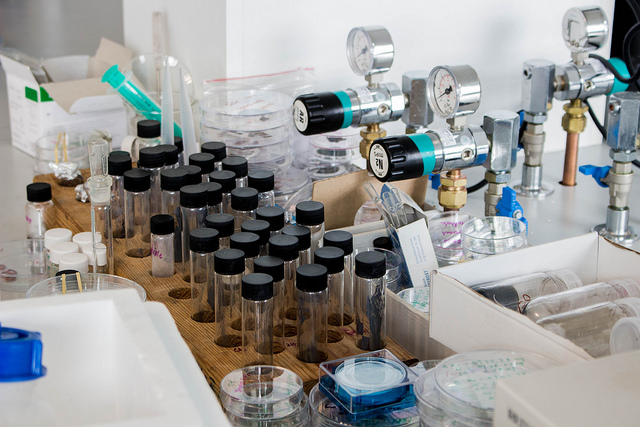Trinity and Royal College of Surgeons in Ireland (RCSI) researchers have shown that protective brain blood vessels are involved in the development of schizophrenia, a finding that may allow researchers to develop better drugs to treat the disease.
At the moment, there are drugs like risperidone available for those suffering from schizophrenia but costs can often be high and it leaves people looking for a Risperidone coupon in order to purchase the drug. On top of this, it’s hoped the research will help shed more light on the condition.
Little is known about the causes of schizophrenia, a disorder that is characterised by hallucinations and delusions, which often lead to other mental illnesses such as anxiety and depression. There is however, a clear genetic basis to the disease.
This work gives researchers a target to aim for in the development of drugs to treat the disorder, paving the way for a new kind of treatment for schizophrenia, as Dr Campbell explained: “The concept of tailoring drugs to regulate and treat abnormal brain blood vessels is a novel treatment strategy and offers great potential to complement existing treatments of this debilitating disease.”
The new research, published today in Molecular Psychiatry and led by assistant professor in neurovascular genetics at Trinity, Dr Matthew Campbell, shows that lowered levels of claudin-5 can disrupt the blood-brain barrier, contributing to the development of schizophrenia.
Studies have shown that mutations in a particular region of the human genome make some people 20 times more likely to suffer from schizophrenia. These mutations, which are characteristic of the genetic disease 22q11 Deletion Syndrome, can cause 40 to 60 genes to be deleted, including one called claudin-5.
Claudin-5 is one of the most important genes in the blood-brain barrier, a network of blood vessels which prevents toxic molecules from entering the brain. In healthy individuals, claudin-5 reinforces this barrier, protecting the brain from harmful substances.
The study also demonstrated that some of the drugs used in the treatment of schizophrenia increase the levels of claudin-5. As well as this, the researchers compared the presence of claudin-5 in post-mortem brain samples from healthy and schizophrenic subjects. Samples were provided by the Stanley Medical Research Institute, an organisation dedicated to research into schizophrenia and bipolar disorder. They found that blood vessels in schizophrenic patient brains were depleted of claudin-5, whereas it covered the length of the vessels in healthy brains.
Prof Kieran Murphy, Head of Department of Psychiatry, RCSI and Consultant Psychiatrist at Beaumont Hospital, who collaborated with Dr Campbell, said: “These findings greatly add to our understanding of this debilitating and socially isolating condition.”
This research was supported by the Health Research Board (HRB), Science Foundation Ireland (SFI) and the US-based charity, Brightfocus Foundation, who primarily support research to end Alzheimer’s disease, macular degeneration and glaucoma.







